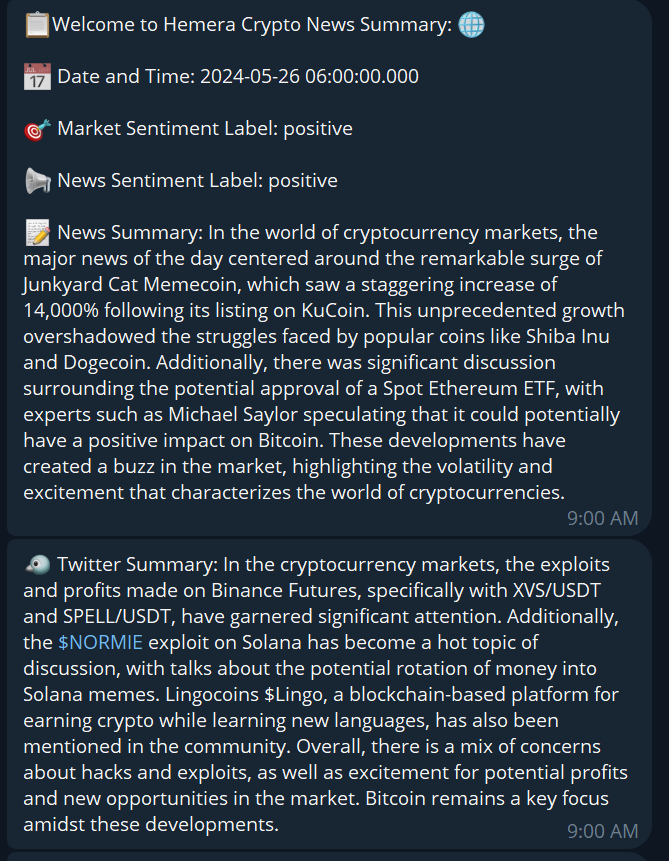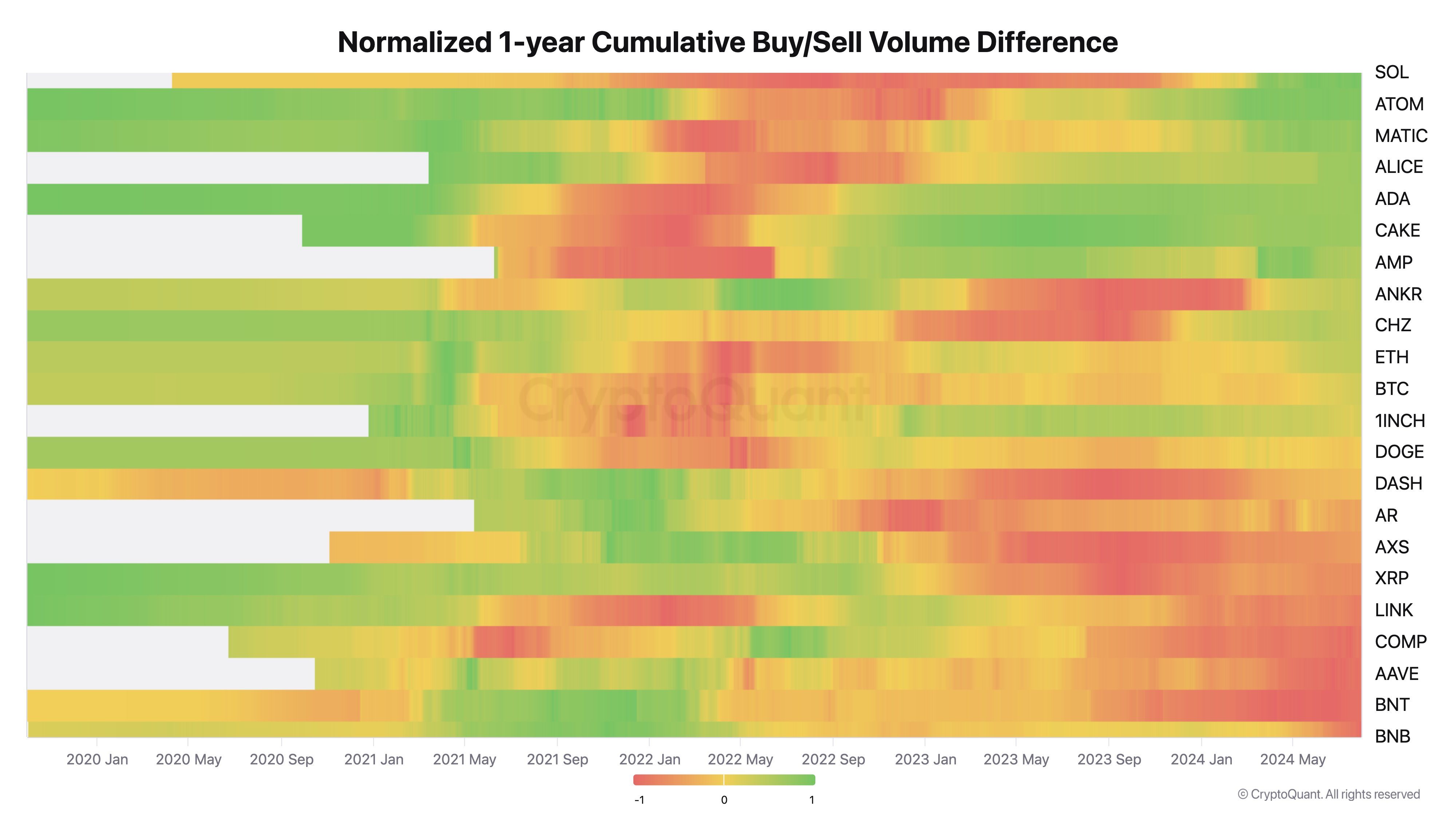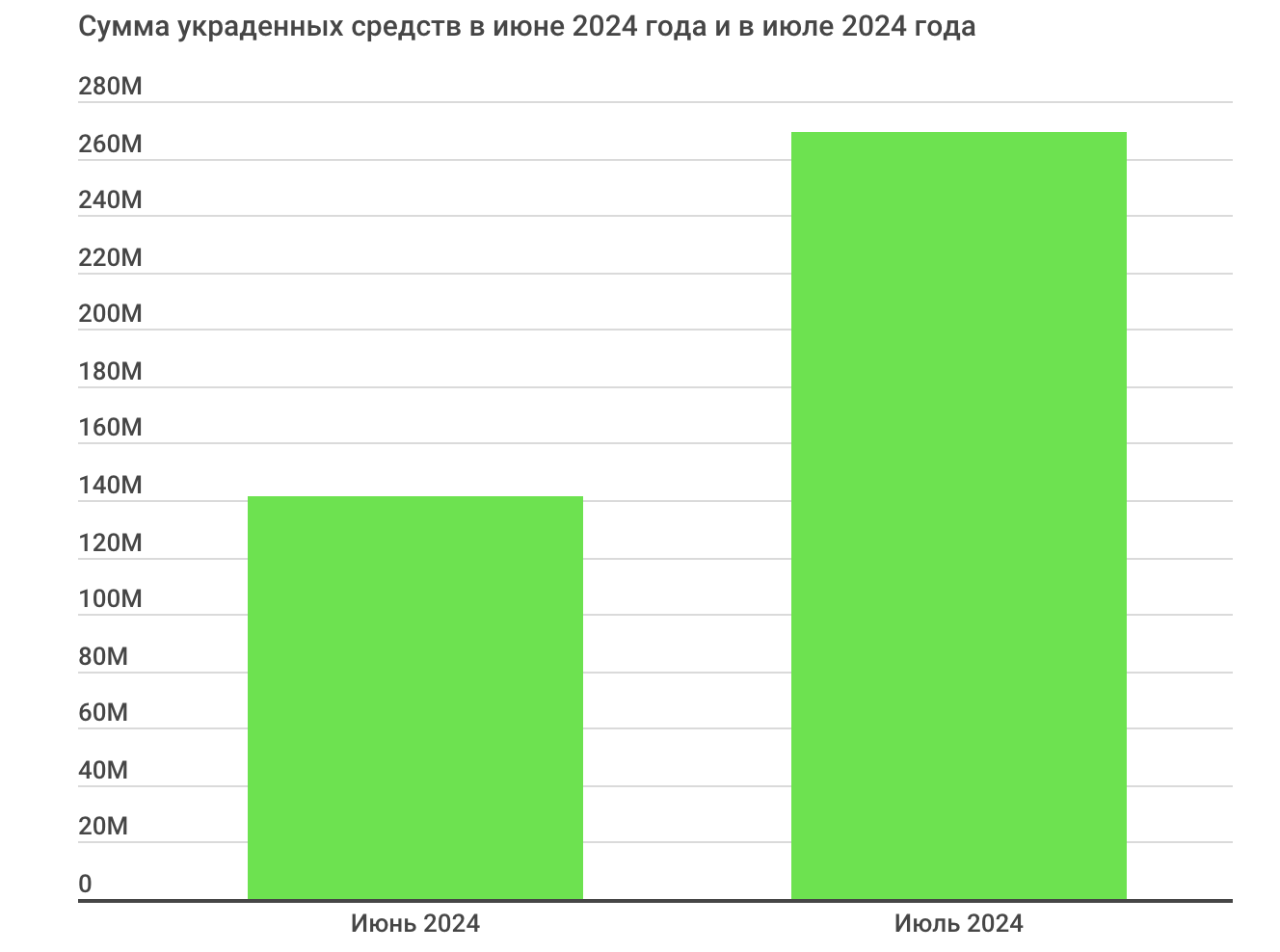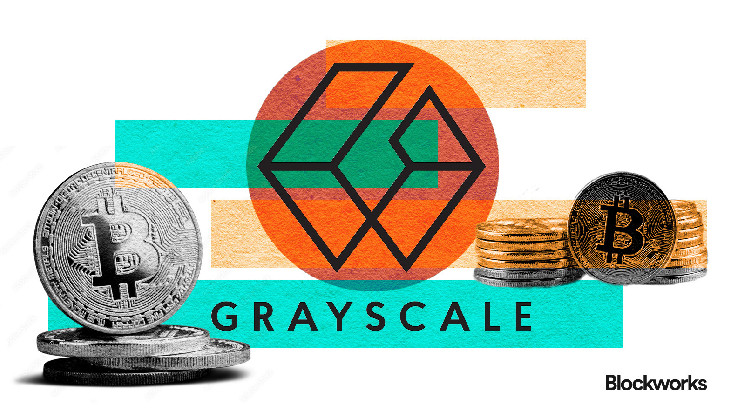Grayscale is on a tear.
In the past few months, the OG crypto asset manager has launched five different single-token trusts — near and stacks in May, and bittensor, sui and maker in August.
Bittensor and sui popped after Grayscale announced the trusts earlier this month. $TAO ran up to 25% in the following day while $SUI almost doubled over the week. Both have since retraced slightly.
The trusts themselves have so far amassed $655,429 in the case of $SUI and $1.55 million for $TAO.
The MakerDAO product, disclosed on Tuesday but launched last Thursday, has otherwise collected $266,904 worth of MKR in private placements to date. MKR itself is up about 7.5% on the news.
The chart below shows the market caps of cryptocurrencies with a recently-formed Grayscale trust.

Arrows point to when each trust was revealed publicly — $NEAR and $STX have both lost ground since May. Grayscale’s dedicated trusts hold $2.05 million in $NEAR and $2.37 million $STX, so it’s not as though either one has ever bought enough of either token to really move prices.
Newsletter
Subscribe to Blockworks Daily
Still, Grayscale hasn’t been on a spree like this since the crypto market was at its bubbliest, in 2021.
During the peak bull market from February to November 2021 Grayscale launched trusts for solana, filecoin, livepeer, basic attention token, decentraland and chainlink.
That spree also came about three years after its previous run of new product launches, also when markets were super hot.
Across April 2017 and June 2018, there were new trusts for ethereum, ethereum classic, stellar, litecoin and bitcoin cash, as well as privacy coins Zcash and Horizen (with the latter later dropping that moniker). The firm’s bitcoin trust was conceived much earlier, in 2013.
If we consider the bitcoin and ether trusts (now ETFs) as outliers with $24.3 billion and $5.2 billion in crypto under management, the remaining 17 single-token trusts currently hold on average $35.3 million in their respective coins.
But in terms of timing, Grayscale doesn’t really have the best track record.

Of the 13 tokens with single-asset trusts launched between 2017 (there are also a few that hold multiple coins), only three have risen in price since Grayscale created their respective vehicles: ethereum, ethereum classic and livepeer.
Most of the individual cryptocurrencies are still up over their full trading histories, it’s just that Grayscale tends to launch trusts when prices are relatively high.
(There has historically been a lag between trust inception dates and their OTC Markets listings. The chart above shows returns since inception, and returns would look a little different if it measured since the trusts reached OTC Markets).
All this should convert to losses for most day-one contributors to individual Grayscale trusts, and even shareholders, although there has obviously been opportunity to time their markets for profit. But there’s another factor at play, which I’ll call “The Grayscale NAV conundrum.”

Shares in Grayscale trusts tend to pump much harder than the underlying cryptocurrencies. GSOL, the solana trust, for instance is up 1,800% since May 2022 while SOL, the cryptocurrency, has gained 150%.
The Grayscale NAV conundrum effectively misprices the shares to be far more expensive than the cryptocurrency held by the trusts (also known as the Grayscale discount/premium that had plagued GBTC and ETHE leading up to their ETF conversions) — which makes them much less attractive for regular investors. GSOL for instance is trading at a 660% premium.
But why? It’s a mixture of low share count, the closed-ended nature of the trusts, and speculation that more Grayscale vehicles will eventually be converted into ETFs, which could close the NAV gap. Or at least, present an opportunity to sell the news.
It’s not so clear whether Grayscale trusts push up prices of their underlying cryptocurrencies. Probably not, especially outside of bitcoin and ether. The headlines are likely more powerful.
It does say something about where Grayscale is at in terms of market outlook: still buzzy enough to launch a few more trusts.
 blockworks.co
blockworks.co
